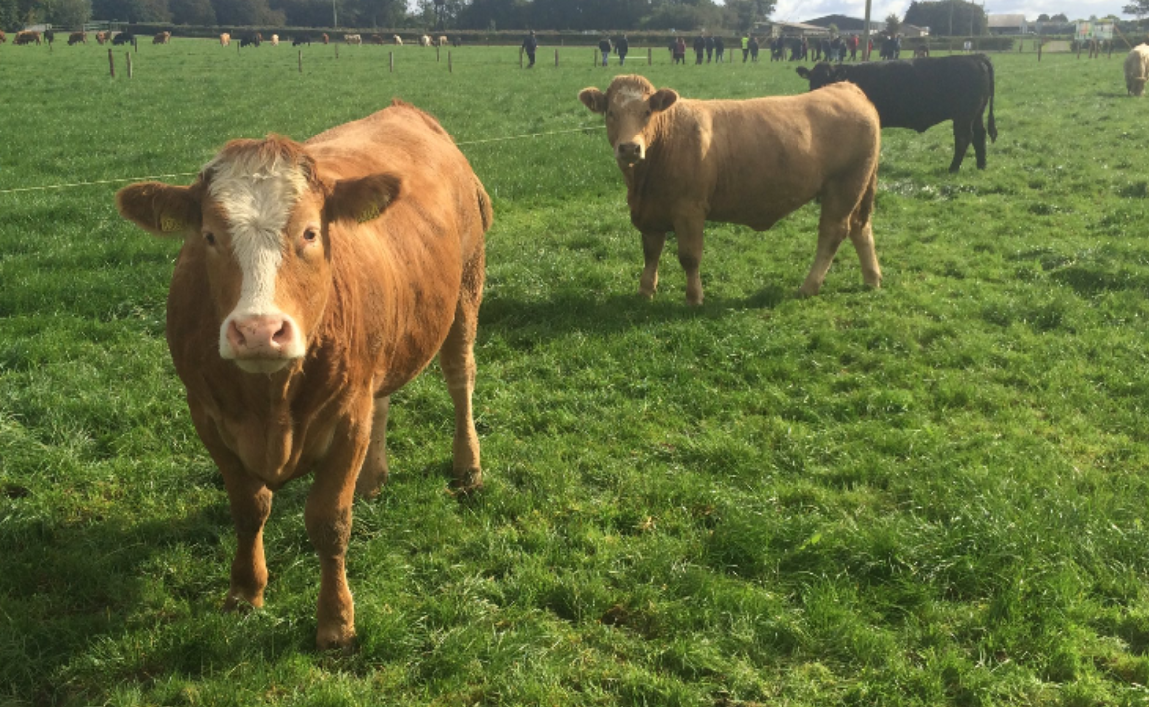Ireland has been identified in a new global report published today (Wednesday, August 30) as one of the EU countries where beef production fell in the first five months of 2023.
According to the new report from Rabobank, lower supply is mainly shaping the market in Europe but the bank has also highlighted that EU average beef carcass price has dropped under last year’s level.
In its Global Beef Quarterly report Rabobank details that beef production in Europe was down 5% year-on-year in the first five months of 2023.
Angus Gidley-Baird, senior analyst, animal protein at Rabobank, said a key theme across most global markets – other than the US – is “softer consumer demand and fully supply chains”.
In Europe, the biggest decline in beef production was in Italy, where it fell by 25% year-on-year between January to May 2023, but there were also declines in Spain, falling by 7% and Ireland, by 5%, while France and Poland also saw a drop of 3% in production over the same time frame.
However, in the Netherlands, production rose by 3% year-on-year in the first five months of 2023.
This, according to Rabobank, may be due to declining profitability on Dutch farms but it has also pointed to the “uncertainty around environmental permits” and buyout programmes and that dairy farmers in the Netherlands want to keep their cattle numbers up.
The latest Global Beef Quarterly report also highlights that an analysis of EU and UK beef exports shows they were down 15% year-on-year in the first five months of 2023.
Meanwhile, imports were up in the EU and UK by 5% between January to May because of lower domestic supply.

According to Rabobank, in general, global cattle prices are currently split into two distinct groups – those in North America and Europe and then those in the rest of the world.
In the US a drop in supply and strong consumer demand has driven up cattle prices but in contrast, Australian cattle prices have plummeted by more than 30%.
In relation to the New Zealand market the latest Global Beef Quarterly report also highlights that a “significant downward revision” of farmgate milk prices for the 2023 season will “likely result in increased dairy cow culling”.
Meanwhile, in Brazil, shipments to China – its main export market – are recovering following an earlier suspension, but weak domestic consumption and a drop in chicken prices have “limited the recovery of live cattle prices”.
Latest analysis also shows that beef markets in China have been weaker in 2023 and that prices of both domestically produced and imported beef were down 23% year-on-year in July.
In its latest report Rabobank also outlines that key themes around nature and biodiversity have become “more prominent” in beef sustainability discussions over the past year.
According to Gidley-Baird, fewer companies in the beef supply chain have made voluntary commitments around nature and biodiversity than those that have made emissions reduction commitments.
